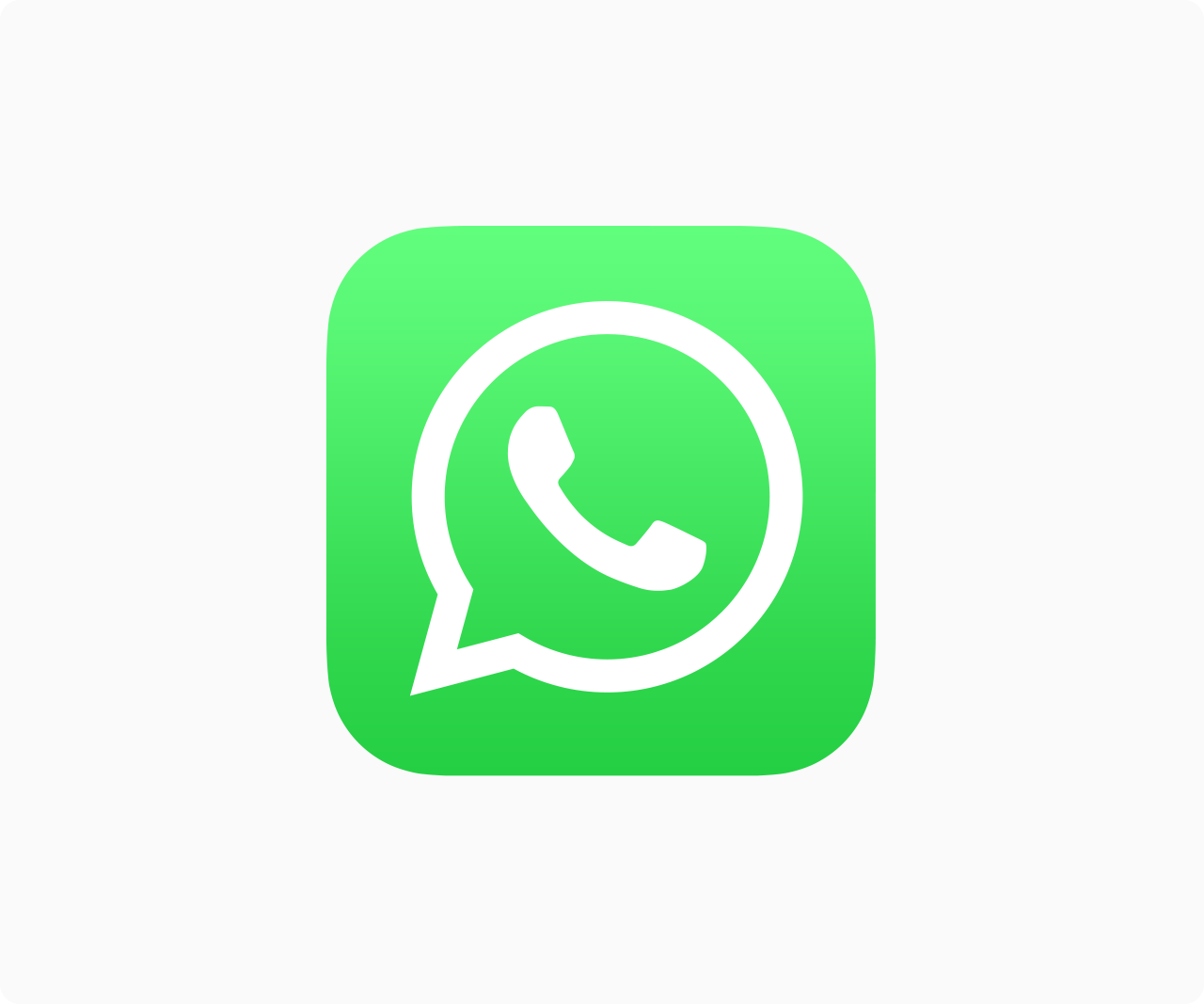

"Messaging is an international forum that everybody uses on an ongoing basis. Why Main Street business is a focus for the WhatsApp pushĪnalysts see the broad potential. It's the fastest and easiest way to get things done," the spokesman said. "We think messaging in general is the future of how people are going to want to communicate with businesses and vice versa. Premium features for small businesses - to be rolled out in the coming months - will include the ability to manage chats across up to 10 devices as well as new customizable WhatsApp click-to-chat links to help businesses attract customers across their online presence, the company said in its blog. At present, there's no ability to pay through WhatsApp, but it's a feature Meta is considering, a company spokesman said. Businesses can use it to send product pictures and descriptions to customers as well as other information they might be interested in. They can set up automated messages to respond to customers, after business hours, for instance, with information about the business, such as a menu or their company's location.
WHAT IS WHATSAPP FROM META FREE
With the free app, small businesses can communicate directly with customers. After that, businesses are charged per conversation, which includes all messages delivered in a 24-hour session, based on regional rates. The first 1,000 conversations on the platform each month are free. There's also the WhatsApp Business platform, an API, for larger businesses like banks, airlines or e-commerce companies. There's the WhatsApp Business app for small businesses. WhatsApp is really going to be the next chapter, with business messaging and commerce being a big thing there," he said. "And we've done that with Facebook and Instagram.

He noted that the company's "playbook over time" has been to build services to serve a wide audience and "scale the monetization" after reaching that goal. WhatsApp will be the "next chapter" in the company's history, Meta CEO Mark Zuckerberg recently told CNBC's Jim Cramer. "Signal loss is really what's been impacting social media companies this year." "If I stay on any of the Meta properties and I'm communicating using Meta, asking questions, and buying - all within the platform - there is no signal loss, and it's easier for Meta to tell the brand its return-on-advertising spend," said Mark Kelley, managing director and senior equity research analyst at Stifel. Since then, industry watchers have been watching closely for signs the company plans to monetize the platform more. Meta (then Facebook) bought WhatsApp in October 2014 for around $22 billion. These initiatives offer Meta the ability to boost advertising revenue, stay relevant with small businesses and gain incremental revenue from the premium services offered, analysts said. Image credits: Header photo licensed via Depositphotos.Soon the company will roll out a premium service to small businesses, and it's doubling down on a newer advertising format called "click-to-message," which allows consumers to click on a company's ad within Facebook or Instagram and directly start a conversation with that business on Messenger, Instagram or WhatsApp. Earlier this year, Instagram revealed that creators will be able to lock their photos and Reels behind a paywall for subscribers using the “subscriptions” feature. However, the company has started releasing some paid features on its apps.

“And I think there are multiple companies that have done interesting things in this space that I think hopefully we can learn from and emulate over time.”Ĭurrently, Meta’s revenue almost entirely comes from ads.

“We’re obviously paying attention to what’s going on in the industry,” Hegeman tells The Verge. Twitter rolled out a monthly subscription service called Twitter Blue last year, while Snapchat launched its own paid subscription plan called Snapchat+ in June. However, Hegeman did note that Meta had been surveying how their competitors had recently launched paid features on their platform. Although he declined to expand on the nature of the paid features being considered, Hegeman tells The Verge, “I think we do see opportunities to build new types of products, features, and experiences that people would be willing to pay for and be excited to pay for.”


 0 kommentar(er)
0 kommentar(er)
